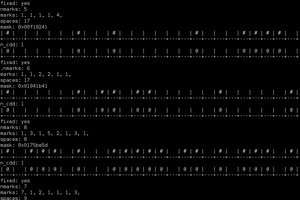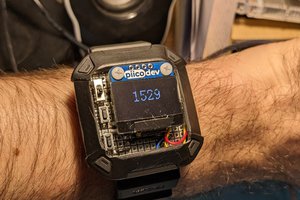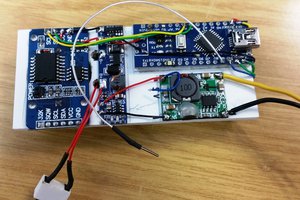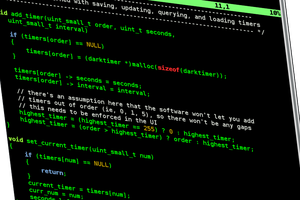Like many people, I've always known that used Altoids tins were destined for greater things. I initially though about putting this project in one of those huge regular tins. When I saw the Arduino Pro Mini, though, I thought maybe I could cram it all into a Smalls tin. Then I discovered the TinyLily Mini. Now there's plenty of room in that tin.
NOTE: The parts list (like everything else) is TENTATIVE. I'm still 'spear-a-minting. [See what I did there? Altoids? Spearmint? Get it?]
I uploaded the Eagle .brd and .sch files, but I don't have the final board back from OSH Park, so while I think it's good, build at your own risk until I verify it.
 Rob Bailey
Rob Bailey



 Maso
Maso
 David Hopkins
David Hopkins
 Dangerpants Labs
Dangerpants Labs
Great minds think alike. I initially thought about that, so I brought the extra I/O pins out on the PC board. But finding room on that tiny little enclosure to more jacks was difficult. There is also already a great CW paddle Arduino project out there that I couldn't hope to improve on. You certainly can replace the 1CPO software to use the built-in buttons to send CW (e.g., one for a straight key, and two for paddles), and even add a jack to key a transmitter.
I'll be posting the Eagle .brd and .sch files when the boards arrive from OSH Park in a week or so.